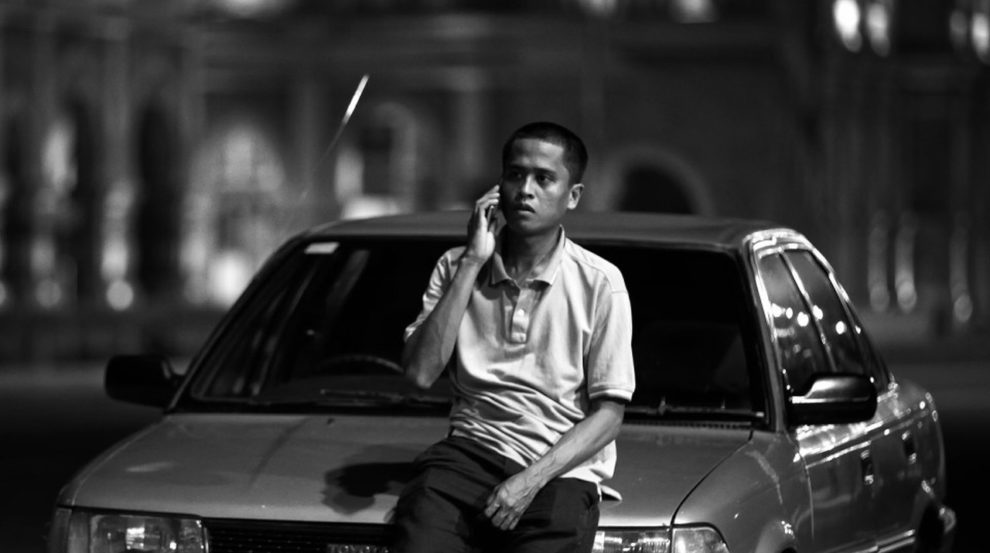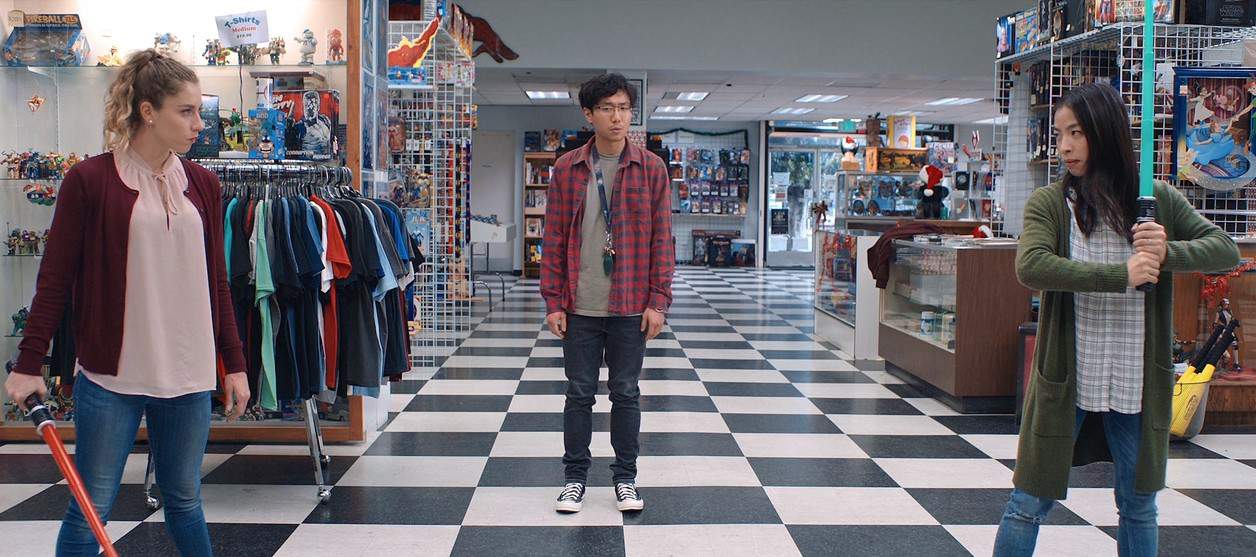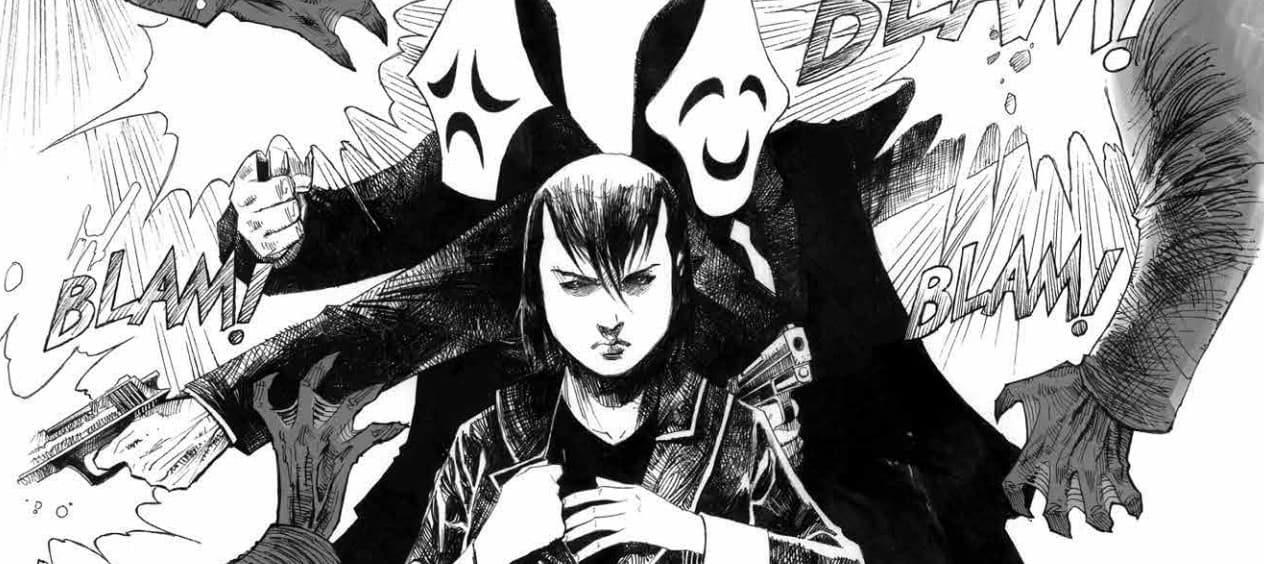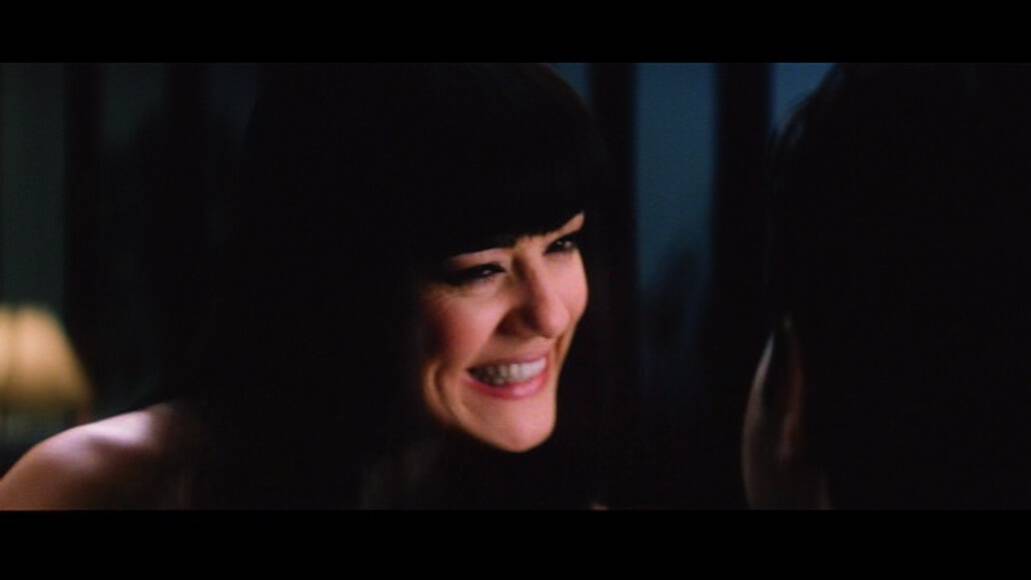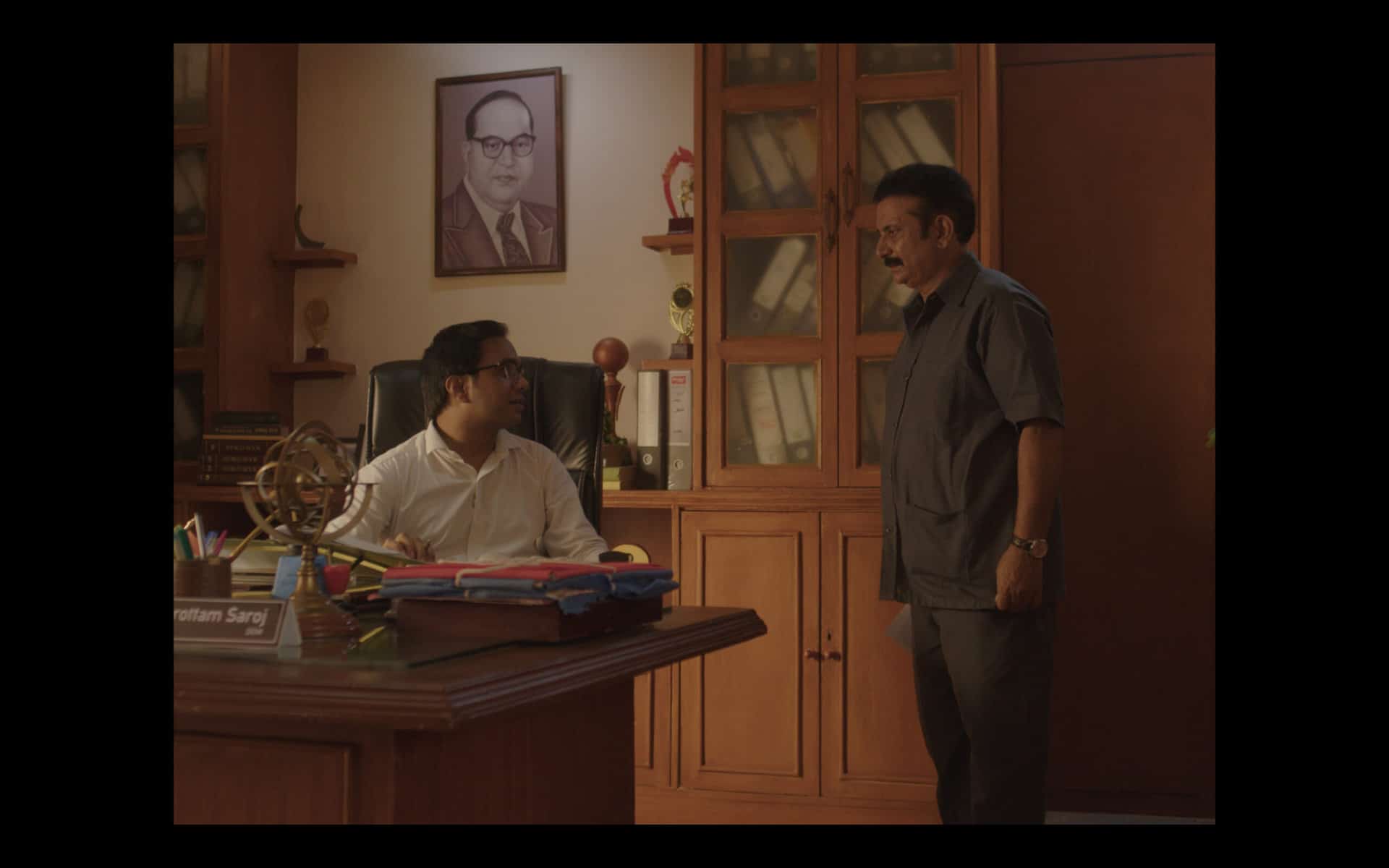While all the megalopolis of the world share some common features, there is something distinctly different about many Asian capitals, such as Kuala Lumpur, Jakarta or even Tokyo. Apart of course from the cultural background, their architecture and structure seems to heighten the kind of paradox which comes with every urban landscape, that people live together while being apart at the same time. At least, this seems to be the core image of many features taking lace in these cities, with director Muzzamer Rahman's “Hail, Driver!” being the latest entry in that regard. The chance encounter of two people who got lost in the maze of Kuala Lumpur is both, an urban fairy tale as well as a portrayal of loneliness and companionship in the modern city.
Hail, Driver! is screening at Udine Far East Film Festival
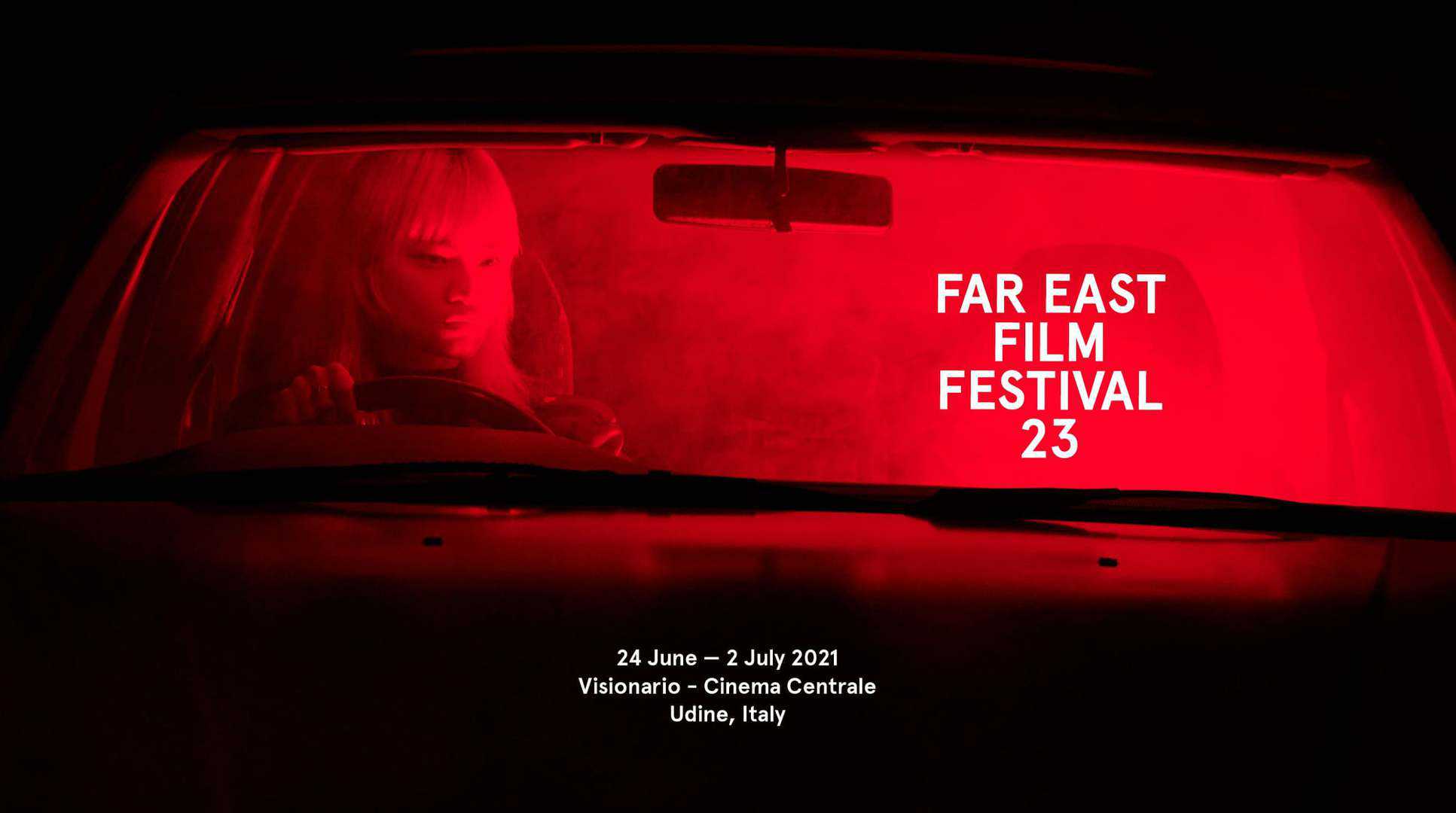
Once, Aman (Amerul Affendi) moved to the city to pursue his dream of becoming a writer, but now he struggles to make ends meet. After his sister has thrown him our of her apartment, he is also homeless, with the car of his dead father, his only possession and his sole inheritance being his temporary home and source of income. With the help of a friend he manages to become a driver for Toompang, a cab service, where he gets to know the various sides of the Malaysian capital more thoroughly. However, since the car is quite old, and he is unable to provide legal documentation, such as a valid driver's license, he realizes his days as a driver might end quite abruptly one day.

During one of his late-night drives, he comes across Bella (Mei Fen Lim), a student who quickly takes a liking to the cab driver and his longing for a place to stay. As the two meet more frequently, they become friends, and eventually Bella offers him an empty room in her apartment in exchange for free rides and some company. When she reveals her true source of income, Aman is appalled, but also sees how he has lost sight of his own aspirations and dreams in the city.
Ever since the portrayal of the cab driver in Martin Scorsese's “Taxi Driver” by Robert DeNiro, the taxi has become a symbol for the kind of separation and loneliness within the urban landscape. While Amerul Affendi's Amman is nothing like the Vietnam veteran in that film, Travis Bickle and his character, nevertheless, share a similar sense of being lost. The encounter with Bella may be romanticized in many ways in Rahman's script, but their experience of having lost touch with their dreams they once had when arriving in the city is quite sobering and brings a sense of realism to “Hail, Driver!”. The black-and-white imagery by cinematographers Fairuz Ismael and Hafiz Rashid highlights this paradox of the city, the picture of something beautiful, and yet unreachable.
Apart from these aspects, there is also an underlying socio-political theme within the narrative. The talks of a general election, which we hear on Amman's car radio and in the various TV newscast scattered throughout the film, one of the major issues seems to be housing within the city. It is a problem closely connected to one of the main character's concerns, as he unsuccessfully searches for an affordable apartment of his own, and is forced to sleep in his car or at the laundromat when his shift is over. Home and belonging little by little become the driving forces in Rahman's feature, and as what remains of the dream seems to crumble away, there is the burning question on the characters' minds whether it might be better to call it quits and start anew somewhere else, perhaps even in another country, as Bella suggests at one point.
In the end, “Hail, Driver!” is a blend of urban fairy tale and drama. Its imagery, above all, highlights the perspective on the urban landscape as the end of the characters' dreams, a place which keeps people apart and not really the kind of home one had wished for. Muzzamer Rahman has managed to make quite a melancholic and bittersweet film, that shows the contrast within a city and its inhabitants.


